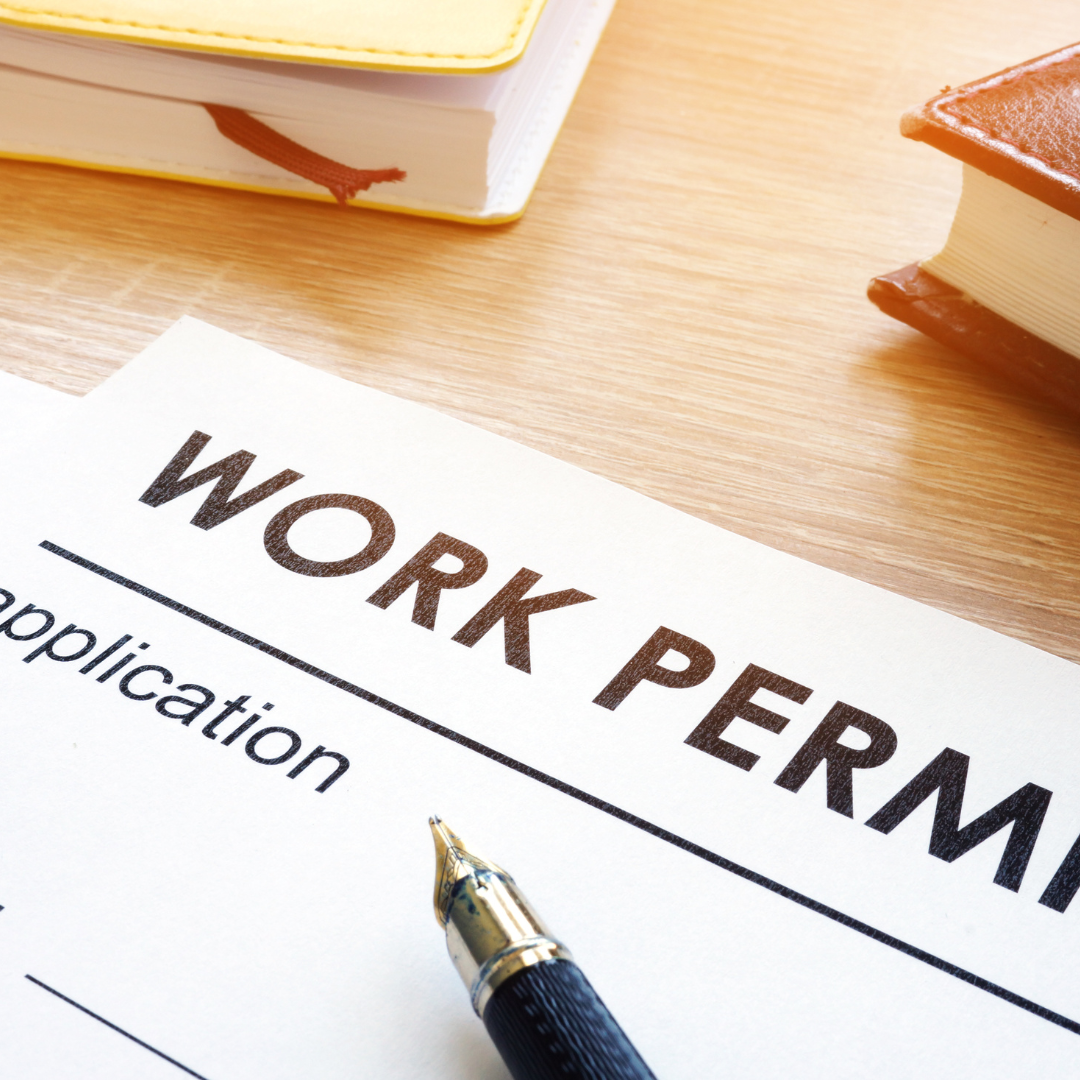As ‘Flu Season’ is upon us, where do things stand with the statutory sick pay scheme?
With the flu season in full swing, employee health and workplace support is at the forefront of conversation. One of the key components of this discussion is the Statutory Sick Pay (SSP) Scheme, a safety net for workers facing illness. However, recent developments have raised concerns about the adequacy and timeliness of the scheme's provisions.
Currently, employees in Ireland are entitled to five paid sick days under the SSP scheme introduced during the pandemic by former Taoiseach, Leo Varadkar. This was a significant step toward ensuring that workers no longer had to choose between attending work whilst ill or recovering at home and potentially facing financial difficulties. The plan was to gradually extend this entitlement, increasing it to seven days in January 2025 and eventually to ten days by 2026.
However, as flu cases surge this winter, the anticipated increase to seven sick days has been delayed, pending a government review. This delay has sparked criticism from various employee representative bodies, including the Irish Congress of Trade Unions. Laura Bambrick, one of their representatives, recently emphasised that while statutory sick leave is not a "silver bullet," it plays a critical role in preventing the spread of contagious illnesses like the flu and safeguarding employees from undue financial strain.
The delay raises several questions for both employers and employees. For workers, the uncertainty surrounding the extension means they may feel pressured to work while ill, potentially exacerbating workplace outbreaks. For employers, it comes as a relief to some smaller businesses that no further increase has been applied, as they grapple with the impact of absenteeism on their business, for others it highlights the importance of taking proactive steps to support staff health beyond the statutory requirements, such as offering additional paid sick leave, promoting flu vaccinations, or implementing flexible working arrangements during peak flu season.
As HR professionals, we recommend that businesses take a close look at their current sick leave policies and ensure they are fit for purpose. While the SSP scheme provides a baseline, organisations that prioritise employee well-being often see long-term benefits in terms of productivity, morale, and retention.
In the meantime, we’ll continue to monitor updates on the SSP scheme and advocate for solutions that balance the needs of employees and employers alike. After all, a healthy team is the backbone of a thriving business.
For more insights on managing employee health and well-being during flu season, feel free to reach out to our team.
New paragraph












